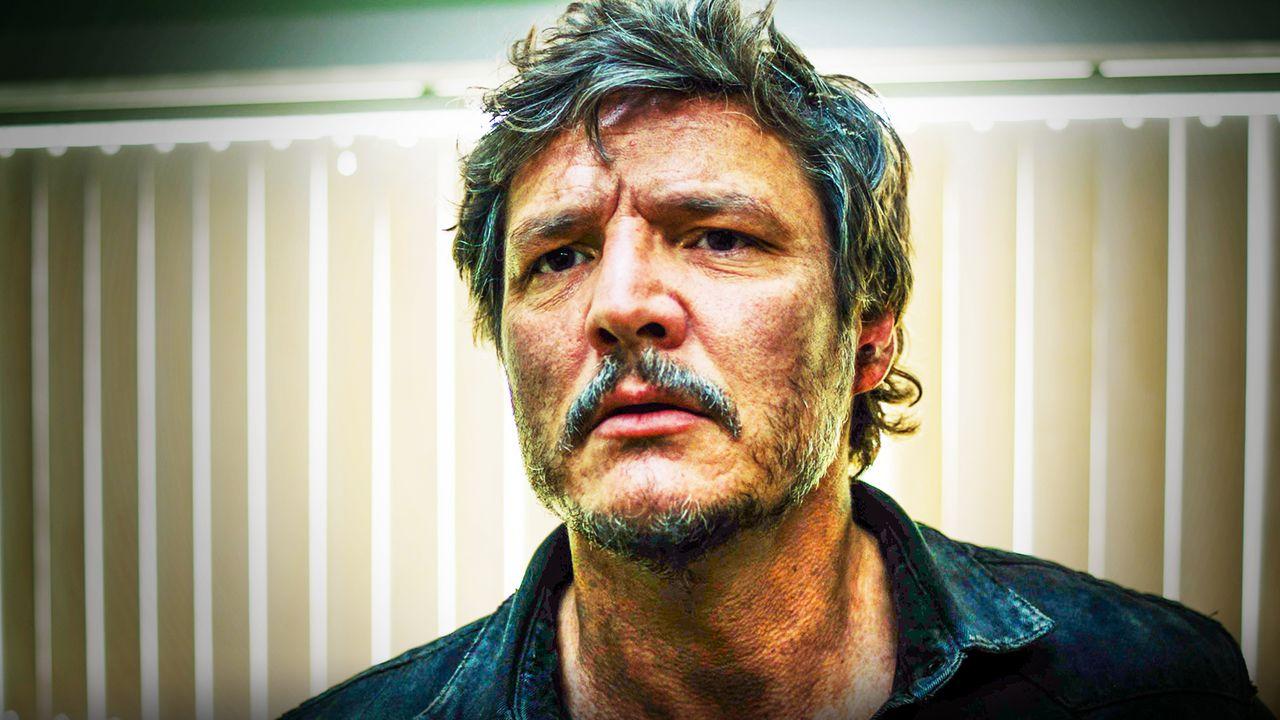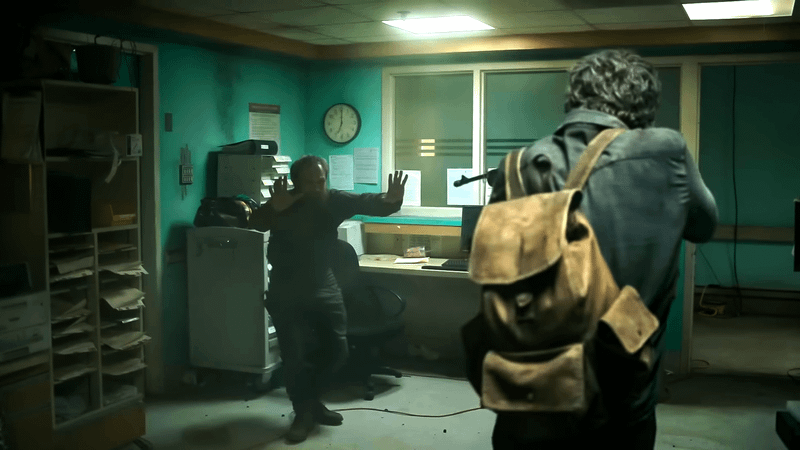
The Last of Us showrunner Craig Mazin opened up about Joel's decision in the Season 1 finale.
In the show's highly-discussed Season 1 finale, Pedro Pascal's Joel learned that the doctors would need to perform an operation on Ellie in order to make the cure for mankind, but it would result in her death.
As a result, Joel went on a violent killing spree to save his surrogate daughter from the Fireflies before hiding the truth from her in the end.
The Last of Us star Bella Ramsey, who plays Ellie in the series, defended Joel's decision in the finale, noting that they "think [he] made the right decision:"
"I think like she delved beneath the surface level meaning. I mean don’t ask me if Joel made the right decision. I mean I think Joel made the right decision. And I think most people agree. From like the reaction to the series as well, more people are like ‘he definitely made the right decision.’"
The Last of Us Showrunner Supports Joel’s Huge Finale Decision

Speaking as a guest on Josh Horowitz's Happy Sad Confused podcast, The Last of Us showrunner Craig Mazin defended the decision to have Joel murder the Fireflies who stood in his way in trying to save Ellie from her operation.
Joel's killing spree has been the main topic of conversation among The Last of Us fans, with some pointing out that he should have given Ellie a choice while others noted that the character was selfish since he doomed the world with his actions.
Mazin first said that it's natural for anyone to "root for violent people to do violent things when we approve of their goals," saying that a lot of people would side with Joel if it were their child in that position:
“Oh, we root for violent people to do violent things when we approve of their goals. And I think a lot of people, and this is a great debate that has been going on since the game came out, and it’s why it’s such a terrific ending, a lot of people feel strongly that Joel does what they would do: that if it were their child in that position, they would do the same thing and a lot of parents, in particular, feel that way, which is understandable."
The showrunner continued by admitting that what Joel did was "pretty shocking" and "terrifying," but he suspects that "most people were saying, 'Good:'"
"Because when you have a child, the profundity, the irrationality of your connection to them cannot be overstated. So, yes, he gets to this place and does something that is pretty shocking, and terrifying to some extent, and I suspect most people were saying, 'Good.'"
Mazin then praised how The Last of Us creator Neil Druckmann forces people to reflect on whether Joel's decision is right or wrong:
"And what Neil has always been great at is forcing people to confront that feeling, and then interrogate it, and question it until they don’t feel quite so clean about it. And that’s something that we endeavor to do as well.”
Interestingly, Horowitz used the end of Clint Eastwood's Unforgiven as a fitting comparison to Joel's violent sequence in The Last of Us finale.

For those unaware, the 1992 movie ended with Eastwood's William Munny engaging in a brutal shooting spree by killing his enemies off-guard in the local saloon, with him even shooting its unarmed owner.
Mazin confirmed that Unforgiven has been part of the conversation during the show's development, saying that "it's something we were thinking about when we did this:"
“I mean, we talked about 'Unforgiven' all the time. It’s something that Neil thought about when he was making the game . It’s something we were thinking about when we did this. So David Webb Peoples wrote this script that I think did this brilliant thing of… You’re taking a man that was the Devil by reputation, but in front of us was just a broken down old guy who couldn’t even get on a horse well, he couldn’t feed his pigs, he was tired, he was old, and when it came time for him to fight back, he got his ass kicked so hard that he almost died. And then, it was the loss of a friend, this thing that snaps in him that releases the Devil just when you want the Devil to be released."
The showrunner then reflected on how everyone has this "love and fear relationship" with a father figure:
"And that’s something that we can’t help but feel excited about, because all of us I think have this love and fear relationship with ‘father,’ whoever father is. Actual father, father figure, some guy in the sky. What we want is for that father to punish the people we do not like and when they punish them, they punish them with severity, and they are unstoppable, and we get very excited about this. But we’re also terrified of them, because of the things they can do to us."
Moreover, Mazin opened up about the dynamic between the Western religion and one's love-and-hate relationship with a father figure:
"So, most of the Western religion seems to be based on being alternatively terrified of and love for this father figure who is endlessly merciful, but also will put you in a lake of fire forever, or who occasionally just drowns everyone, or just gently eliminates babies to make a point. And it’s not like those stories made us like this. We are like this and thus we made these stories."

Mazin ended by acknowledging that being a "father that protects his child" is Joel's true purpose in The Last of Us universe:
"We all have this desire for my dad to beat up your dad and Pedro Pascal is quite the father figure in that regard. And Joel is not only a father, but he’s a broken father, who is seeking to figure out why he’s there. His entire purpose as it turns out is to be the father that protects his child and the failure of his life is now about to be redeemed through violence. You can see why I wanted to write this story for television.”
Did Joel Make the Right Decision in the Last of Us Finale?
Craig Mazin's decision to defend Joel's violent actions in The Last of Us finale is understandable, mainly because of how almost everyone can relate to the character's controversial move.
But still, is Joel right all along?
First off, it was Joel's instinct to save Ellie from the Fireflies due to his love for his surrogate daughter, a love that was developed throughout their cross-country journey in Season 1.
In fact, there was no guarantee that Ellie's sacrifice would lead to a cure that could save mankind. More so, they didn't even give the young girl a choice if she wants to pursue the operation.
While Ellie's decision on the matter was later revealed in The Last of Us Part II, there is still a lot of back and forth with Joel's controversial decision.
Finding the answer to the question of whether or not Joel made the right move would require someone to put themselves in the character's shoes. If one ends up in a situation where they would need to choose someone they love or the world, it's safe to assume that almost everyone would choose the former.
Whatever the case, the ramifications of his decision are expected to be felt in Season 2, essentially starting a cycle of violence that will carry over with Abby and Ellie.
The Last of Us Season 1 is streaming on Max.

![Here's Why Joel Gets [Spoilers] In The Last of Us Season 2 (Confirmed)](https://images.thedirect.com/media/article_thumbnail/the-last-of-us-part-3-potential-release-story-details-and-everything-w_VFHOjcz.jpg?imgeng=/w_auto)










